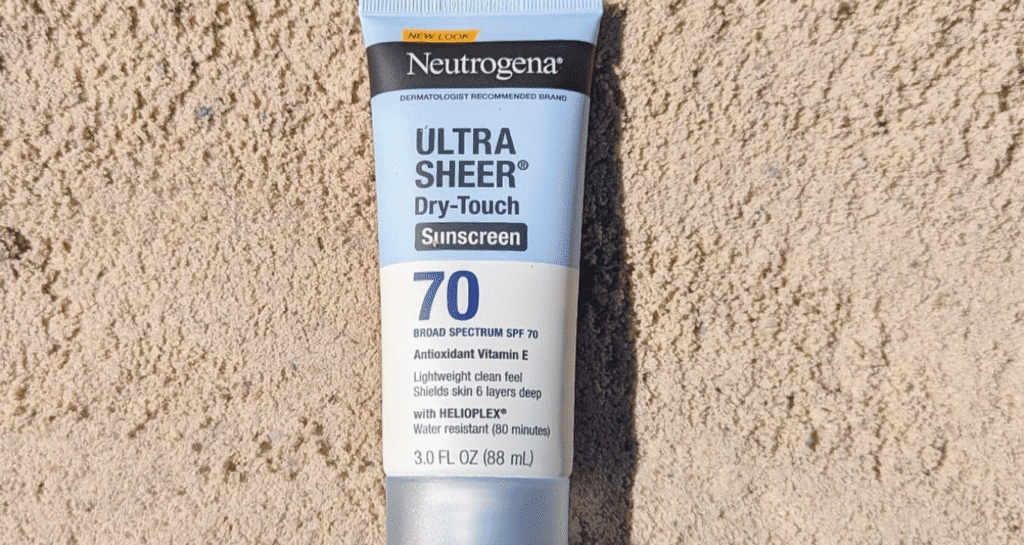The Ultimate Guide to Sunscreen: Insights from Dr. Dhaval Bhanusali
Understanding Sunscreen and Its Misconceptions
Sunscreen plays a vital role in protecting your skin from harmful UV rays, but many misconceptions abound. Board-certified dermatologist Dr. Dhaval Bhanusali sheds light on the most common myths and underscores the importance of proper sun care.
Common Misconceptions About Sunscreen
- SPF Levels: Many people believe that SPF 15 is sufficient; however, dermatologists recommend a minimum of SPF 30 for daily use.
- Sun Exposure on Cloudy Days: A prevalent myth is that you can’t get sunburned when it’s cloudy. This is false; UV rays penetrate clouds, making protection essential.
- Skin Type and Cancer Risks: There’s a widespread belief that individuals with darker skin are immune to skin cancer. In reality, darker skin can still develop skin cancer and is susceptible to hyperpigmentation from UV exposure.
Engaging Younger Generations in Sun Care
Reaching Gen Z and Millennials
Dr. Bhanusali emphasizes the need for dermatologists to engage with younger audiences effectively:
- Social Media: Utilize platforms like Instagram and TikTok to educate and connect.
- Educational Content: Providing reliable information in a digestible format is crucial to shift habits around sun care.
Daily Sunscreen Recommendations
The Right SPF for You
Dr. Bhanusali recommends a minimum of SPF 30 or higher for daily application. It’s crucial to reapply sunscreen, especially if you’re outdoors; aim for every two hours to maintain efficacy.
"Most people do not reapply, so it is essential to make it part of your routine," says Dr. Bhanusali.
Choosing the Right Formula for Sensitive Skin
When selecting sunscreen for sensitive skin, consider the formulation. Advances have resulted in effective options in both physical and chemical sunscreens.
Key Ingredients for Enhanced Protection
In partnership with brands like Neutrogena, Dr. Bhanusali recommends products enriched with powerful ingredients:
- Vitamins C and E: These antioxidants neutralize free radicals and combat UV damage.
- Helioplex Technology: Provides optimized protection against harmful rays while enhancing the sunscreen’s overall effectiveness.
Popular Sunscreen Formats and Recommendations
Best Sunscreen Formats for Different Needs
Dr. Bhanusali highlights specific formats he prefers based on skin type and use cases:
- Mineral Face Liquid Sunscreen SPF 70:
- Lightweight and goes on clear, ideal for daily use.
- Ultra Sheer Face Stick Sunscreen SPF 60:
- Smooth application, perfect for kids and outdoor activities.
The Future of Sunscreen Innovation
Dr. Bhanusali is optimistic about the evolution of suncare products, noting that modern formulations no longer require sacrifices in texture or hydration.
"It’s exciting to see SPF products that are both hydrating and aesthetically pleasing," he comments, pushing for broader adoption among consumers.
Conclusion: Prioritize Your Skin Health
Protecting your skin daily is essential for long-term health. By debunking myths, utilizing advanced formulations, and adopting effective application techniques, you can make informed choices in your sun care routine.
For more information on sunscreen effectiveness and safety, check out these resources on dermatology and sun protection strategies.
Remember: A little knowledge goes a long way towards protecting your skin!


